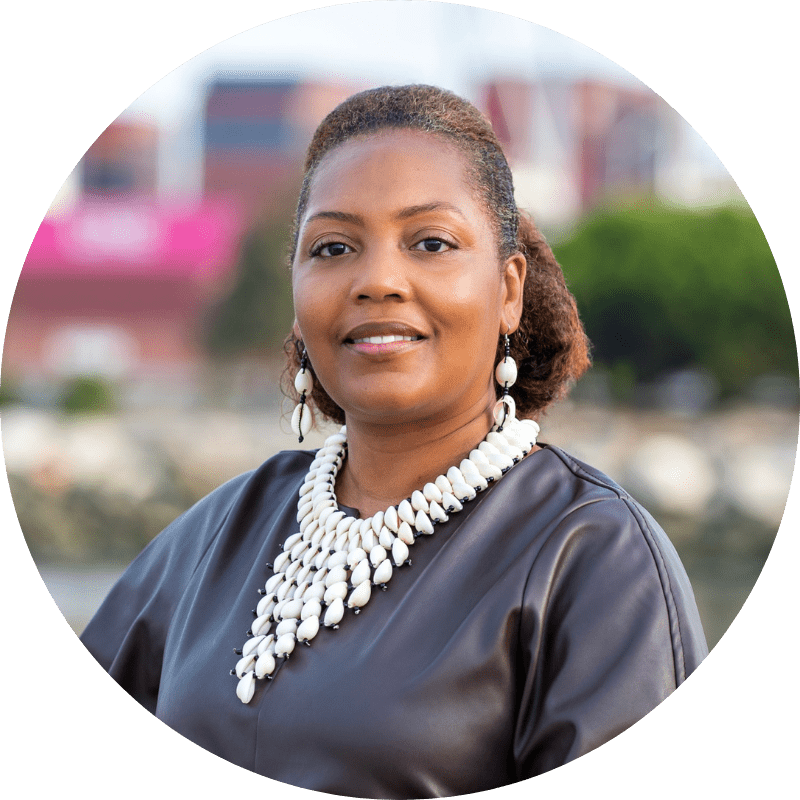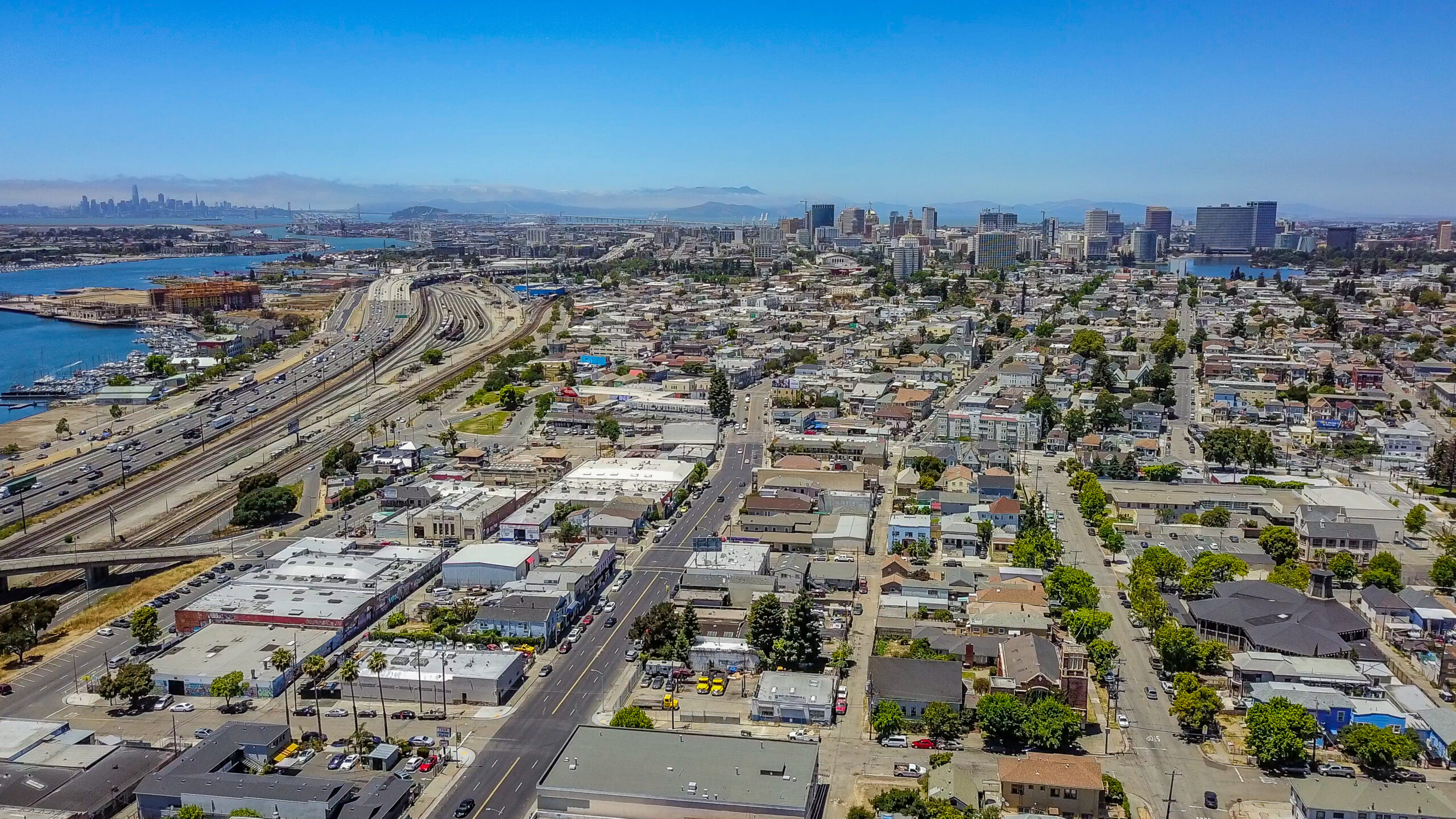By Brandi Howard
Photo credit: iStock/DianeBentleyRaymond
Growing up in Oakland, my childhood was shaped by two neighborhoods, 22nd Avenue (Manzanita) and Ford Street (near Jingletown). The neighborhoods were very different, but the diversity and the connection among the neighbors were very strong. Our neighborhood was Black, Asian American, and Latinx, and we all supported one another. We knew one another family, and the adults looked out for the children. It was safe, and loving, and everyone belonged.
I love Black History Month, and with so many attempts to divide us, it is important to stand firm on the facts that Black history is American history. We must reckon with and celebrate the joys and pains of the past, the critical contributions to society, music, culture, the built environment, and so much more. It’s a month of reminders that our histories include action, progress, and solidarity. While we get to experience the stories of Black love and liberation, we also see our history and how we were set against ourselves by the structures that perpetuate racial violence and inequity. Learning and reflecting on the stories of those who came before us, who stood in solidarity with those different from themselves – that renews my commitment to build a better world for future generations.
To do that, we must see things how they are and how they can be. I am so grateful to be able to do this work with my incredible colleagues at East Bay Community Foundation and with all of you – our foundation community.
As we work collectively towards love and liberation for all people, we are confronted with some of the darkest moments of human suffering. As I wrote in response to the shootings in Monterey Park and Half Moon Bay, no community should ever experience this kind of senseless violence and no community should be forced to live in fear. We must stand in solidarity. We are one Community, and if there’s healing needed somewhere in our Community, then there’s healing needed in all of our communities. That is work that we must do with love.
If you are going to lead with love, you must have the ability not to polarize. You must have a daily commitment to trusting humanity and a resolve not to give in to cynicism.
At the end of January, I signed the California Black Freedom Fund sign-on letter in response to police violence in Los Angeles and Memphis, Tenn. The letter calls on private, corporate, and community foundations to “invest in Black-led movement organizations pushing back against systemic barriers and expanding access to opportunity.” I signed this letter as a stand against cynicism because I believe that we can and must look for opportunities to hope.
At EBCF, we find opportunities to hope in our four core program strategies, the work of which is interwoven like the systems of the human body. As an organization committed to racial justice, racial equity is our DNA – the plan that informs every function, imprinted at the cellular level. Community organizing is our heartbeat: Social movement leaders give the Community life and keep it moving. Capacity building is the food that nourishes our Community: Nonprofit organizations need a healthy (and general operating support!) diet to carry on their work in these unprecedented times. Arts and culture speak to the human spirit: Cultural artists motivate the soul of our Community and give us hope for what can be. Fostering inclusive economic models and impact investing are the arms and legs that convey us over barriers to a place where the human spirit can be truly free.
I recently had the honor of introducing authors Leila Mottley and Chinaka Hodge at an event hosted by MISSSEY, a nonprofit co-creating a world where girls and gender expansive youth are safe from sexual exploitation and know their power. Leila spoke about “forced choice” – how all other options are taken from you when your basic needs are not met. The one way you can see becomes your only way. You have no future, no dreams. In that moment, I felt in my stomach the relevance of EBCF’s work responding to Community’s immediate and essential needs and to support its freedom to dream of what might be.
Just like in the neighborhoods where I grew up, EBCF hopes to be a good neighbor today in solidarity, in partnership, and for the dream of what one day will be.
ABOUT THE AUTHOR
Brandi Howard, MSW (she/her) is president and CEO of East Bay Community Foundation. With deep experience as an equity and justice strategist rooted in community, Brandi works with the staff, donors, fund advisors, partners, and social movement leaders to advance racial equity, and transform political, social, and economic outcomes for all who call the East Bay home.

